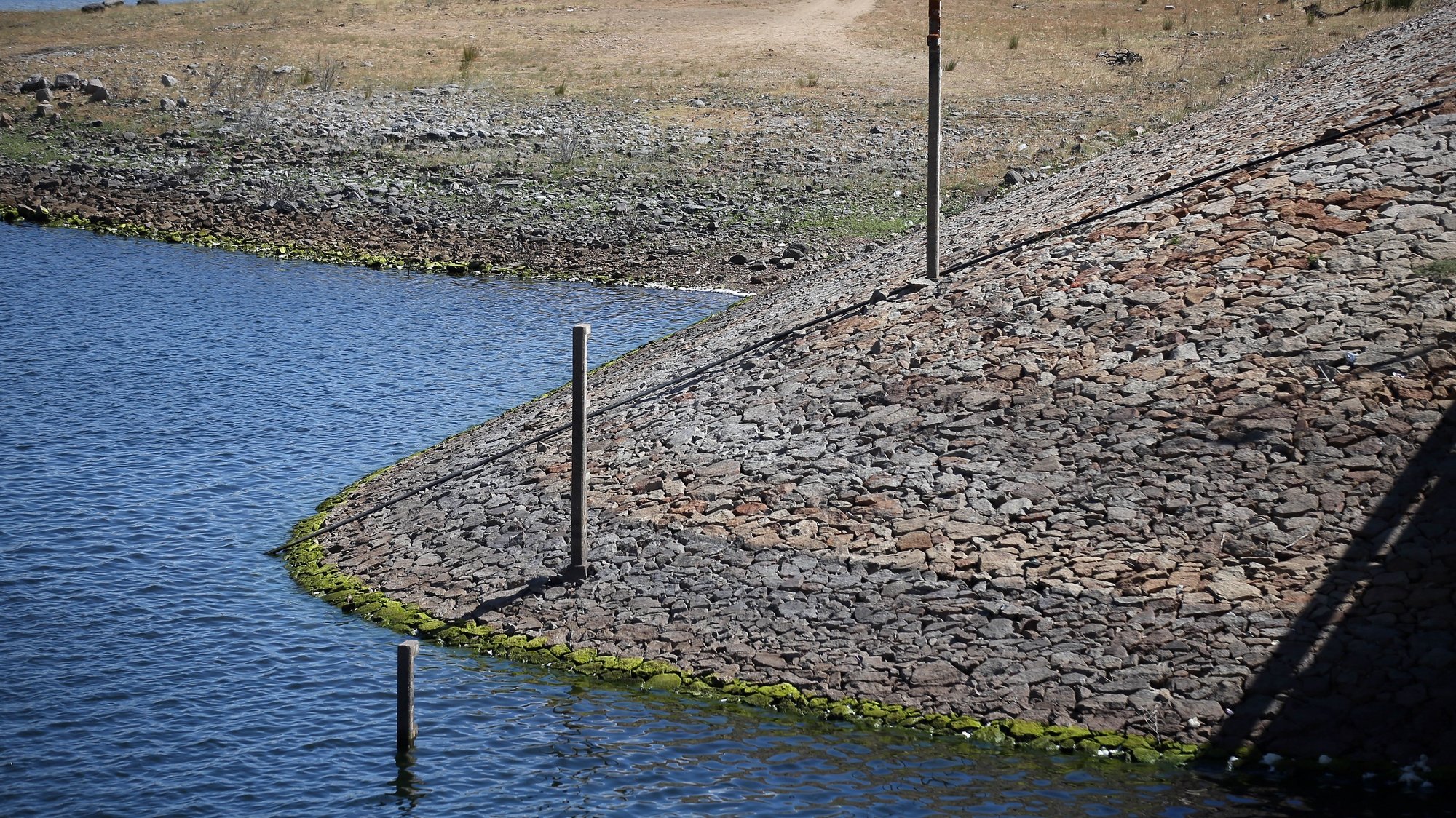The Guarda District Farmers Association said it was concerned about the drought in the region and appealed to the government to help farmers open ponds, wells and boreholes to feed animals and water plants.
“If it does not rain, [o verão] It will be complicated. Even the watering hole for the animals has to be provided by the ranchers, by the farmers, because the ponds and the watercourses have been dry since May. There was no rainfall and there still isn’t and the situation of drought in the soil and water resources is getting even worse,” the president of the District Farmers Association of Guarda (ADAG) told Lusa.
According to Sandrina Monteiro, the situation of farmers in the region “is quite worrying, both in the agricultural area itself and in livestock, because it is compromising winter food.”
[A seca] it is compromising the pastures, because they are already dry and they no longer sprout, and also the watering hole for the animals, because there are no water resources available in the pastures so that they can satisfy their water needs. And it is another expense that the rancher has to bear, which is the transportation of water to the plots where the animals are,” he said.
The manager said members have contacted the association to find out about aid for the creation of new wells, holes and pondsbut this year, the district of Guarda was not included in the candidacies for this purpose.
“If our agriculture is already very difficult, it already has many expenses, if we do not have these water resources to be able to meet the water needs of animals and plants, I am convinced that the agricultural area will decrease even more. There has to be (…) aid for new water resources”, he warned.
In the opinion of Sandrina Monteiro, “it is fundamental” that the Ministry of Agriculture “get tools” to help farmers “to have help to make ponds, wells, holes, so that they can continue with their explorations, because, if not, it will be very complicated”.
The official said that this year is being “dramatic” for farmers in the Guarda region, since “the winter was very dry and there was no development of pastures.”
“The ranchers in the livestock area ran out of ‘stock’ and had to buy food, and now, [a situação] it worsened with winter crops and there was no development of cereal crops,” he reported.
The president of ADAG predicted that the agricultural year “will be very complicated” due to the drought, to which other factors are added, such as production costs, related to increases in fuel prices and the acquisition of seeds.
Sandrina Monteiro indicated that some farmers “are thinking of reducing labor, because they do not have how to feed the animals and the sale price is not enough for the expenses they have.”
According to official forecasts, 34% of the country is in severe drought and 66% in extreme drought.
Data from the Instituto Português do Mar e da Atmosfera indicate that this year is the driest on record (since 1931) and that only 2005 came close to the current situation, so the meteorological and agrometeorological drought “forces us to take action.”
Source: Observadora
